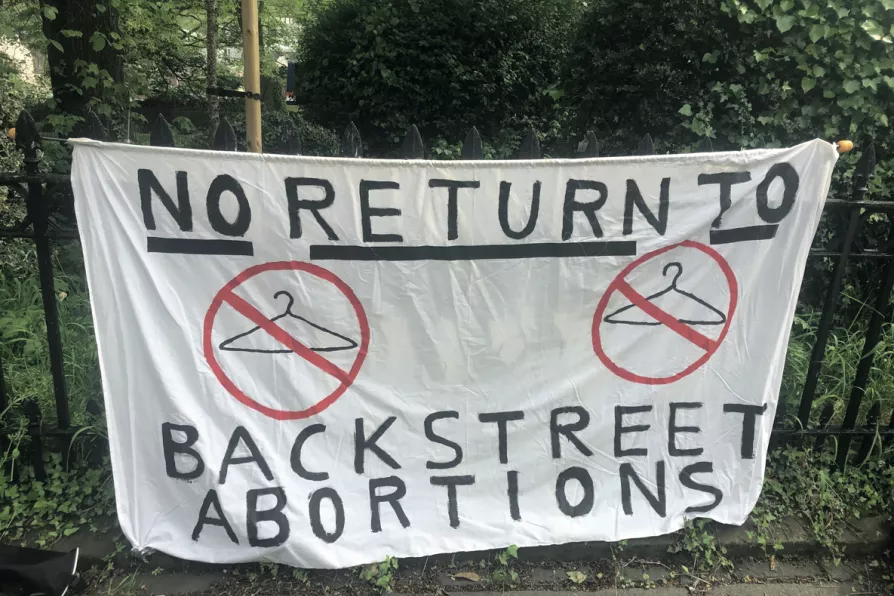Data on regional deprivation in England shows us an unequal society, but what to do about it remains unanswered argue ROX MIDDLETON, LIAM SHAW and MIRIAM GAUNTLETT


LAST WEEK representatives of Abortion Rights Scotland, Engender, the Faculty of Sexual and Reproductive Healthcare (FSRH) and a number of other organisations met the Scottish government minister for women’s health and public health to discuss taking forward the First Minister’s commitment “to exploring a review of the law on abortion to ensure that it is first and foremost a healthcare matter.”
The Scotland Act 2016 devolved responsibility for abortion law to the Scottish Parliament.
The Scottish Parliament already had full responsibility for delivery of abortion care services, which have remained within the remit of NHS Scotland, framed by the 1967 Abortion Act.

ANN HENDERSON looks at the trailblazers of the Women’s Trade Union League and their successful fight for female factory inspectors — a battle that echoes in today’s workplace campaigns

Police guidelines suggesting home searches and digital checks for women who experience pregnancy loss under suspicion of having broken the outdated 1967 Abortion Act have sparked uproar, writes PEOPLES’ HEALTH DISPATCH












